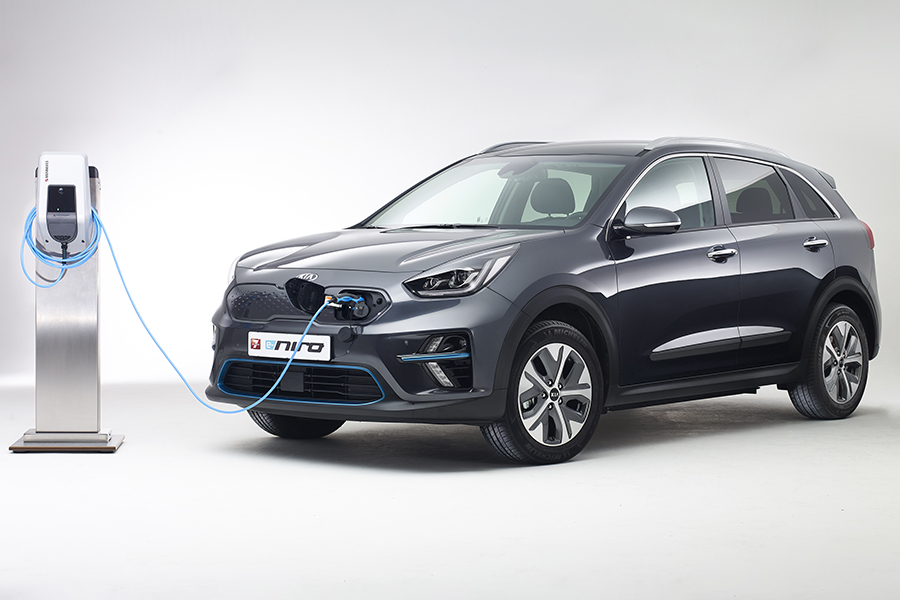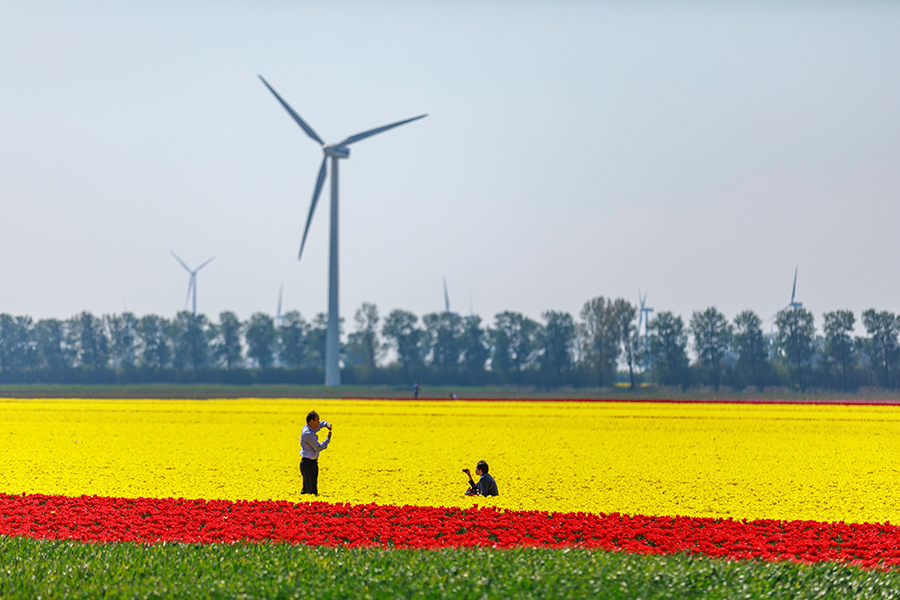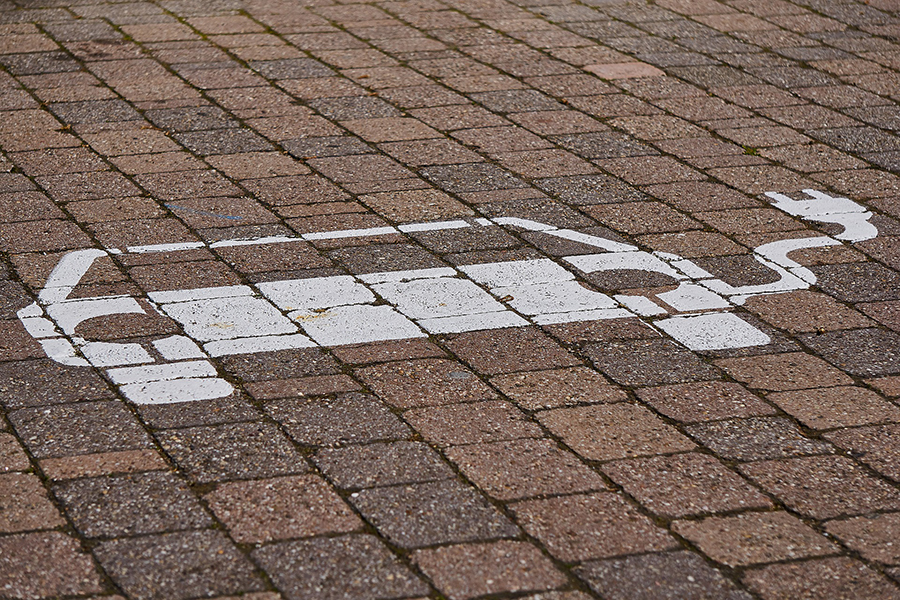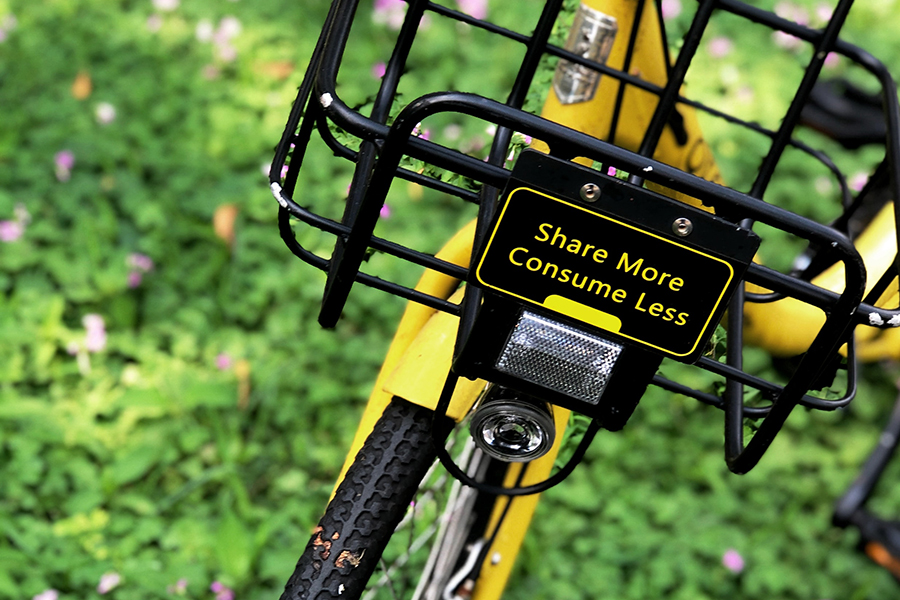
Known around the world as a nation of bicycle-lovers, the Netherlands is also emerging as a global pioneer in the transition to Electric Vehicles (EVs).
In the last year, battery-powered cars have become a common sight on the historic streets of cities such as Amsterdam, Utrecht and The Hague. Generous incentives for EV buyers from the national government and from municipalities across the country are helping the new technology rapidly reduce the market share of conventional cars with internal combustion engines.
Buzz spoke to Sjoerd Knipping, Commercial Director in the Netherlands for Kia, which is one of the three leading EV brands in the country, about the reasons for the Dutch love affair with the electric car and about the outlook for the future.

What are the main reasons why Dutch drivers are going electric?
The Dutch Government is heavily stimulating fully electric cars and a sustainable, eco-friendly trend is clearly visible among the Dutch people. EVs, solar panels and renewable energy are all benefitting from this trend. to solar panels and green energy, electric vehicles are benefitting from this trend as well.

Corporate Social Responsibility is one of the main reasons why Dutch companies choose to buy EVs. In addition, the Total Cost of Ownership (TCO) is lower for an EV than for non-electric vehicles and that is playing a major part in the growth of the EV market.
How fast is the market growing and what is the forecast?
The EV market grew significantly in the Netherlands, with c. 28,000 units sold in 2018. Expected EV sales in 2019 is roughly 40.000 units, depending on total allocation of cars from EV models for the Netherlands. EV share is herewith expected to reach the same level as diesel.
For the future growth of the market, price is one of the most important factors since battery costs are still relatively high. We expect to see a decreasing trend for battery costs. However, in the short-term battery costs are increasing due to high demand for EVs. Lower battery costs will result in higher attractiveness in terms of pricing and will therefore increase volumes. Another factor in the Netherlands which could bring EVs closer to conventional cars is the ever-increasing CO2 tax on conventional cars.

At Kia, we are forecasting a healthy mix of EV and conventional cars by 2030. Electrified cars are expected to have a higher share than conventional cars by then.
What incentives are supporting the EV market?
Governmental subsidies, such as income tax incentives for business drivers, no road tax and no luxury tax, are the most important reasons for the growth of the EV market in the Netherlands. The government wants to stimulate EV sales in order to reach the targets of the Paris Climate Agreement.
“Thanks to extensive charging infrastructure and progressive governmental subsidies, the Netherlands is one of the best-performing EV markets in the world.”
Sjoerd Knipping, Commercial Director, Kia Motors Nederland B.V.
According to the latest governmental plans, electric vehicles will be stimulated by these measures until 2025. However, the scale of the incentives is decreasing each year.
How easy is it for Dutch EV drivers to find a charging point?

The Netherlands is one of the most progressive markets in terms of charging infrastructure. There are more than 44,000 regular and semi-public chargers and around 1,500 fast-charging stations for EV drivers and is increasing rapidly. However, charging infrastructure still needs to be extended across Europe in order to further expand the EV market.
How will e-mobility make transport more efficient and more sustainable?
There is a clear and growing trend for MaaS (Mobility as a Service) in the Netherlands. EVs and e-bikes form an important part of this trend. Most MaaS initiatives in the country use mainly EVs.

We’re convinced that e-mobility will play an even more important role in the future. Connected electric vehicles will make mobility more sustainable.
They have a big part to play in helping countries reach their emission reduction targets![]()









